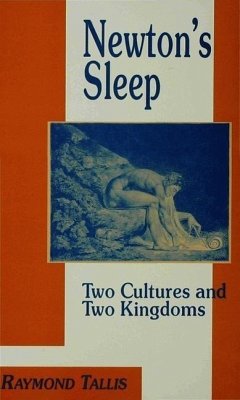
TASTE
A Cultural Studies Analysis

PAYBACK Punkte
17 °P sammeln!
Taste is an enigmatic topic. We recognize that taste plays an important role in our life in that everything we buy and many things we do are governed by our sense of taste. But what exactly is taste? How do we get our sense of taste and how does it affect our everyday lives? Does it evolve as we grow older or is it a constant in our lives? Is it affected by all the "influencers" to whom we are exposed as we watch TikTok and commercials, or do influencers merely spark some kind of inner sense of taste that was with us all the time? Is our taste based on our social and economic status or somethi...
Taste is an enigmatic topic. We recognize that taste plays an important role in our life in that everything we buy and many things we do are governed by our sense of taste. But what exactly is taste? How do we get our sense of taste and how does it affect our everyday lives? Does it evolve as we grow older or is it a constant in our lives? Is it affected by all the "influencers" to whom we are exposed as we watch TikTok and commercials, or do influencers merely spark some kind of inner sense of taste that was with us all the time? Is our taste based on our social and economic status or something else? What role do income and cost have in determining what we choose to buy? What role do the qualities of what we buy and the choices we make shape our decisions? Is taste based on logical thinking about things we wish to do or buy upon emotions we have generated by things like identification, status, or cultural imperatives? Taste always involves some element of choice, because if there is no choice, taste is irrelevant or moot. But what are the determinants when we compare things to buy or get or do when we have choices to make? This book takes its point of departure from the work of the French sociologist Pierre Bourdieu, whose book 'Distinction' is considered a classic work of sociological analysis. The topics dealt with are shown in the table of contents below. The book is distinctive in that it offers discussions of four methodologies/theories used in discussing taste: semiotics, psychoanalytic theory, sociological theory and Marxist theory and then applies these theories in the second part of the book to a variety of topics involving taste, such as yogurt, dogs, the singer Celine Dion, ocean cruises, brands, smartphones, men's facial hair, and so on. Readers of the book will learn four methodologies they can use in analyzing taste and see how these methodologies were applied.














